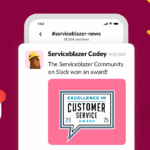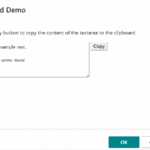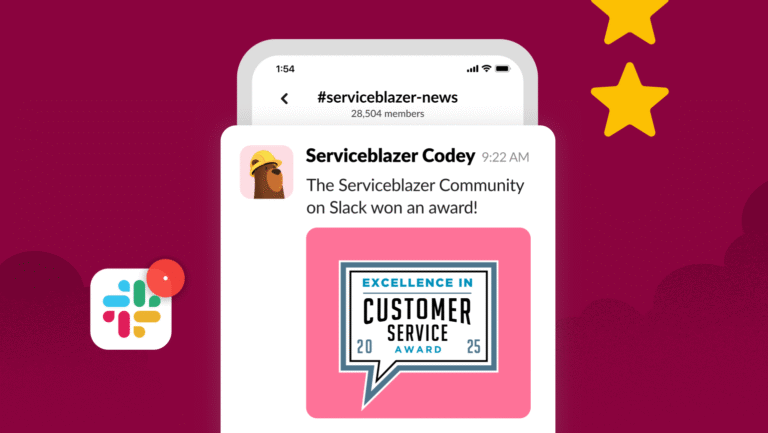Launching a startup is just the beginning; achieving sustainable growth is the ultimate goal. With fierce competition and evolving market dynamics, startups must employ effective growth strategies to thrive in today’s business landscape. In this blog, we’ll delve into key strategies that startups can leverage to fuel their growth and achieve long-term success.
Identify Your Target Audience:
Understanding your target audience is paramount to crafting an effective growth strategy. Conduct thorough market research to identify your ideal customers, their needs, preferences, and pain points. Develop detailed buyer personas to tailor your products, messaging, and marketing efforts to resonate with your target audience.
Focus on Product-Market Fit:
Achieving product-market fit is essential for sustainable growth. Continuously iterate on your product or service based on user feedback to ensure it meets the needs and expectations of your target market. Prioritize features that deliver the most value to customers and differentiate your offering from competitors.
Leverage Digital Marketing Channels:
Embrace digital marketing channels to reach and engage with your target audience effectively. Invest in search engine optimization (SEO), content marketing, social media marketing, email marketing, and paid advertising to increase brand visibility, drive traffic, and generate leads. Track key performance indicators (KPIs) to measure the effectiveness of your marketing efforts and optimize your strategies accordingly.
Build a Strong Brand Identity:
A compelling brand identity sets your startup apart from the competition and fosters trust and loyalty among customers. Develop a distinct brand voice, visual identity, and messaging that resonate with your target audience. Consistently communicate your brand values, story, and unique selling propositions across all touchpoints to build brand awareness and credibility.
Nurture Customer Relationships:
Prioritize customer satisfaction and retention to fuel organic growth and word-of-mouth referrals. Offer exceptional customer service, actively listen to customer feedback, and address their concerns promptly. Implement customer relationship management (CRM) systems to track customer interactions, personalize communication, and identify opportunities for upselling and cross-selling.
Explore Strategic Partnerships:
Collaborate with complementary businesses, influencers, and industry leaders to expand your reach and access new markets. Identify potential partners that share your target audience or offer complementary products or services. Forge mutually beneficial partnerships through co-marketing campaigns, joint ventures, or affiliate programs to amplify your growth efforts.
Experiment and Iterate:
Embrace a culture of experimentation and iteration to adapt to changing market conditions and customer preferences. Test different growth tactics, channels, and messaging to identify what resonates best with your audience. Analyze data and feedback to measure the impact of your experiments and iterate on your strategies accordingly.
Scale Responsibly:
As your startup grows, prioritize scalability and operational efficiency to sustain long-term growth. Invest in scalable infrastructure, processes, and systems that can support increased demand and expansion. Hire strategically, delegate responsibilities, and empower your team to drive growth while maintaining quality and customer satisfaction.
Conclusion
Before starting your startup, choose your best startup ideas wisely. Achieve growth with strategic approaches like identifying the target audience, focusing on product-market fit, leveraging digital marketing, building brand identity, nurturing relationships, exploring partnerships, and scaling responsibly for sustainable success.











